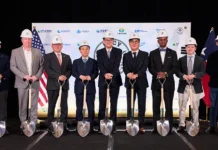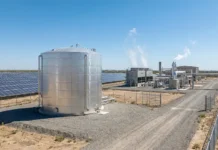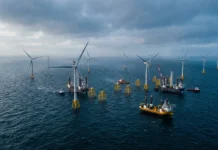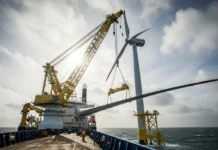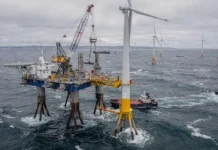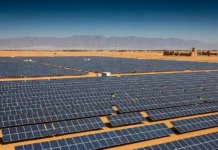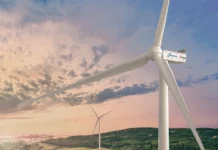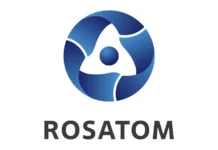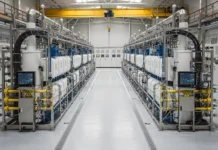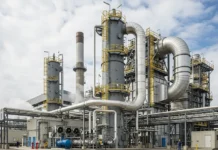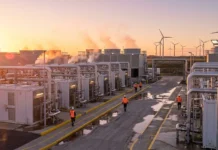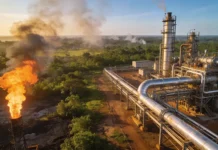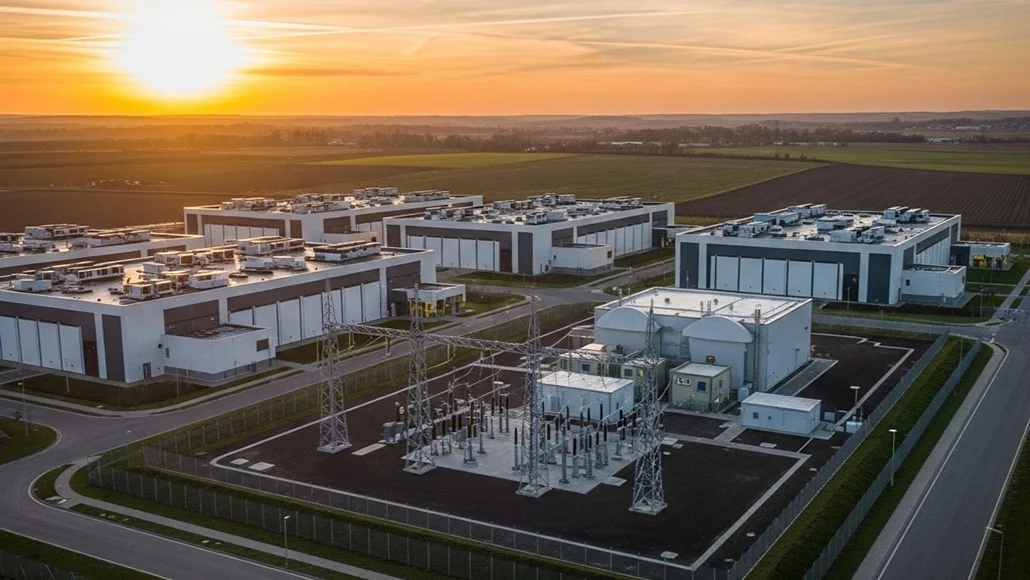Bulgaria’s Minister of Energy, Zhecho Stankov, has indicated that the country should initiate talks with companies developing small modular reactors (SMRs), viewing the technology as a logical progression after signing a memorandum of understanding with the United States on nuclear cooperation and preliminary site studies. Stankov noted that during his upcoming visit to Ontario, Canada, he plans to tour a site where the first four SMRs are under construction. The agreement he signed with U.S. Secretary of Energy Chris Wright reaffirmed bilateral commitments to strengthen collaboration in the civil nuclear sector. Bulgaria’s government sees SMRs as a pathway to greater predictability, long-term stability, and access to low-emission, cost-efficient electricity.
“After signing a joint statement last week with the US Secretary of Energy Chris Wright on that country’s assistance for sites on Bulgarian territory for small modular reactors – it is a new, modern technology, very flexible, which attracts investments in data centers and artificial intelligence centers – the normal next step for the Bulgarian side is to start talks with potential companies that develop this type of technology,” Stankov said while addressing reporters in New York City. The memorandum envisions cooperation between Sofia and Washington on developing and deploying advanced nuclear reactor technologies. Backed by the U.S. Department of Energy’s Office of Nuclear Energy, the collaboration focuses on reinforcing Bulgaria’s energy and economic resilience.
According to the Bulgarian energy ministry, the partnership would enable access to U.S. laboratory expertise for prefeasibility studies to assess potential SMR sites. The U.S. Trade and Development Agency has expressed readiness to make financing available for studies that can help determine which technologies of SMR are suitable for Bulgaria. In New York, Stankov reiterated key energy priorities, prioritizing the importance of new energy corridors, investment in renewable projects, and balancing power plants such as pumped storage hydropower plants and battery energy storage systems. He also referred to other current projects, such as units 7 and 8 of the Kozloduy nuclear power plant, and highlighted the importance of regional cooperation to address weaknesses and promote a sustainable energy market.
Prime Minister Rosen Zhelyazkov also commented on larger regional electricity projects, mentioning his recent conversation with Azerbaijani President Ilham Aliyev regarding bringing green energy from the Caspian region to Europe. Zhelyazkov explained that the plans envisage a supply of 6 GW from Azerbaijan, potentially rising to 10 GW should Kazakhstan and Turkmenistan join the effort. He added that prospects for a subsea Black Sea power interconnector are becoming increasingly feasible, alongside an alternative onshore corridor stretching from Armenia and Georgia through Turkey.



